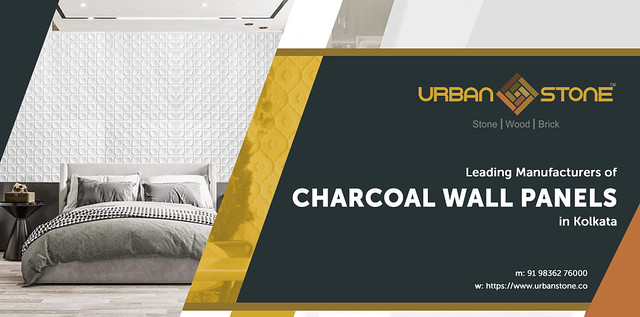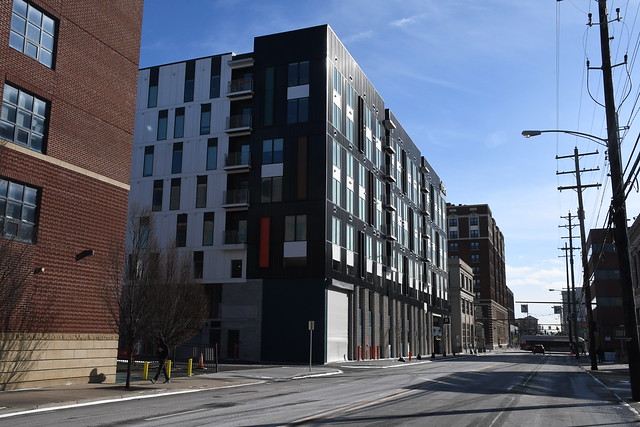What Does a Contract Furniture Manufacturer Do?
Contract furniture manufactures produce and sell high-quality chairs, desks, beds and other furniture pieces that are built with the unique requirements of commercial spaces in mind. They also operate on a nationwide scale and adhere to strict safety and quality laws.
Collaboration and expertise are the two key factors that drive contract furniture production. They work with architects, designers and businesses to create furniture that combines functionality and aesthetics.
Functionality
Contract furniture manufactures focus on function and durability when designing their products. They also consider aesthetics when creating their items. This combination allows them to meet the specific requirements of commercial spaces and audiences. They may also provide warranties and support services for their furniture. The furniture should also reflect the overall ambiance of a space and support its branding.
Durability is one of the most important aspects of contract furniture, as it is designed to withstand heavy traffic and use. Contract manufacturers often choose sturdy materials such as wood, metal and plastic. They may also use durable fabrics that are stain and water resistant. This ensures that the furniture will last for a long time without losing its functionality.
The furniture should also be safe, meeting fire safety standards and ergonomic requirements. It should be easy to clean and maintain, making it suitable for a variety of environments. Contract furniture is also available in a wide range of styles and colors, allowing businesses to customize their appearance. This flexibility allows them to adapt to changing business needs and improve their customer experience.
Durability
Contract furniture is multifunctional and designed with specific functions in mind – like ergonomic office chairs for businesses, or medical-grade hospital beds. It’s also durable enough to withstand frequent use and cleaning, and must adhere to strict quality standards and regulations.
Contract manufacturers often work in collaboration with contract furniture manufactures architects and interior designers to understand the needs of a business space. This way, they can craft furniture that isn’t just aesthetically pleasing, but also works well with the overall design and atmosphere of the room.
The durability of contract furniture can be enhanced by choosing durable materials, fabrication methods, and finishes. For example, if the furniture has metal components, they’re often alloyed to add corrosion resistance. In addition, most upholstered furniture has high-performance fabrics that can withstand heavy usage. Moreover, many contract furniture manufactures are now using eco-friendly materials and production processes that align with the growing demand for environmentally responsible choices.
Safety
Furniture manufacturers must adhere to environmental regulations when producing their products. This includes minimizing the use of hazardous chemicals, as well as recycling and disposing of waste materials responsibly. They must also ensure that their workers are using safe tools and machinery. In addition, they must also have an adequate fire extinguisher in the factory, and all machines should be inspected regularly to ensure that they are functioning properly.
Contract furniture is made from durable materials that are designed to withstand heavy use. It is also often aesthetically pleasing, and it can be customized to meet specific needs. For example, a hospital may want to buy medical-grade furniture that is designed to be comfortable and ergonomic.
Contract furniture is typically tested to higher standards than domestic furniture. For example, any furniture that will be used on a offshore oil and gas platform must pass extremely high hospitality furniture company fire safety standards. Domestic fabrics can be used in contract furniture, but they will need to be treated to comply with fire safety regulations. A trusted contract furniture dealer can provide informed and tailored solutions based on their experience and knowledge of the industry.
Eco-friendliness
Contract furniture manufacturers prioritize eco-friendliness by selecting raw materials that require fewer processing steps. This way, they avoid the waste produced by the use of solvents, glues, and paints. Additionally, they prioritize the use of recycled materials and strive to reduce the embedded carbon in their products. These efforts result in a more sustainable manufacturing and distribution process. Many companies also have a Cradle to Cradle and BREEAM certification, which prove their dedication to sustainability.
Another way contract furniture manufactures are reducing their environmental impact is by limiting the amount of pollution generated during transportation. This is accomplished by processing the materials close to where they are sourced and by choosing wood certified as coming from responsible forest management.
The contract furniture industry is constantly evolving to meet changing customer needs. For example, a growing trend in office furniture is the use of smart technology. These innovations can improve a space’s functionality, comfort, and durability. In addition, they can increase productivity and provide a more engaging experience for customers. Some manufacturers have even begun to focus on repairing and restoring their furniture.
Customisation
The design and construction of contract furniture involves a combination of technical expertise and the art of creating functional and aesthetically pleasing designs. To start, the manufacturer must understand the client’s needs and desires. This process requires close collaboration between designers and clients to transform the initial concept into functional and aesthetically appealing pieces. The process also includes rigorous quality control to ensure that all the furniture complies with industry standards and regulations.
Customisation enables businesses to create spaces with a distinctive character, aligned with their brand identity and architectural concepts. To achieve this, the furniture must be able to endure repeated use in high-traffic areas and meet strict design standards. To achieve this, contract furniture manufacturers use durable materials and meticulously test the durability of their products. In addition, they use advanced software systems to provide a streamlined ordering process. Enterprise Resource Planning (ERP) and Configure, Price, Quote (CPQ) tools empower manufacturers to rapidly respond to market demands. This makes them more responsive to customer requests and improves the overall experience for their customers.


